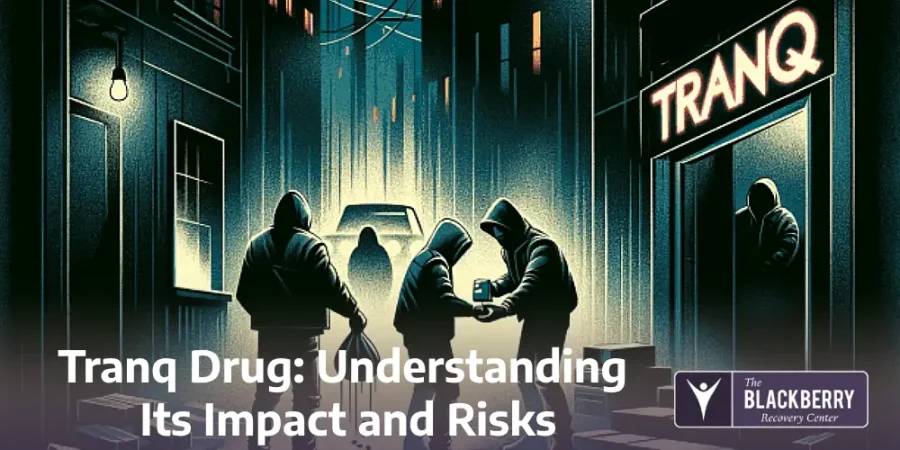Teenagers are the largest group that is suffering from the phenomenon of binge drinking. This can be especially harmful because teenagers are more vulnerable to alcohol poisoning.
What is Binge Drinking?
Health officials classify binge drinking as reaching a blood alcohol level of 0.08 g/ld. in two hours or less. Other officials classify it as the practice of over-indulging in five (or four drinks) at least once in the past month. If this number goes up to five days a month, these experts consider you to be a substantial alcohol user. At the heart of the matter is that you’re drinking to excess repeatedly.
How it Affects You
Too much alcohol can cause death. Alcohol affects the central nervous system, slowing breathing and heart rate. It also interferes with the gag reflex, which increases the risk of choking on vomit, if the drinker passes out from too much drinking. Blood alcohol levels can continue to rise even if a person passes out. If a person who has been drinking a lot is confused, vomits, has a seizure, has pale skin, or passes out, it may be a sign of being very drunk. According to the CDC, binge drinking leads to accidental injuries. These include motor vehicle crashes, falls, burns, drowning, and lowering of the body temperature to an abnormally low level.
Best Treatment Centers in Florida
If you or a loved one is suffering from an addiction, don’t hesitate to call the Strawberry Center. We are here to answer all of your questions and make you as comfortable as possible.




